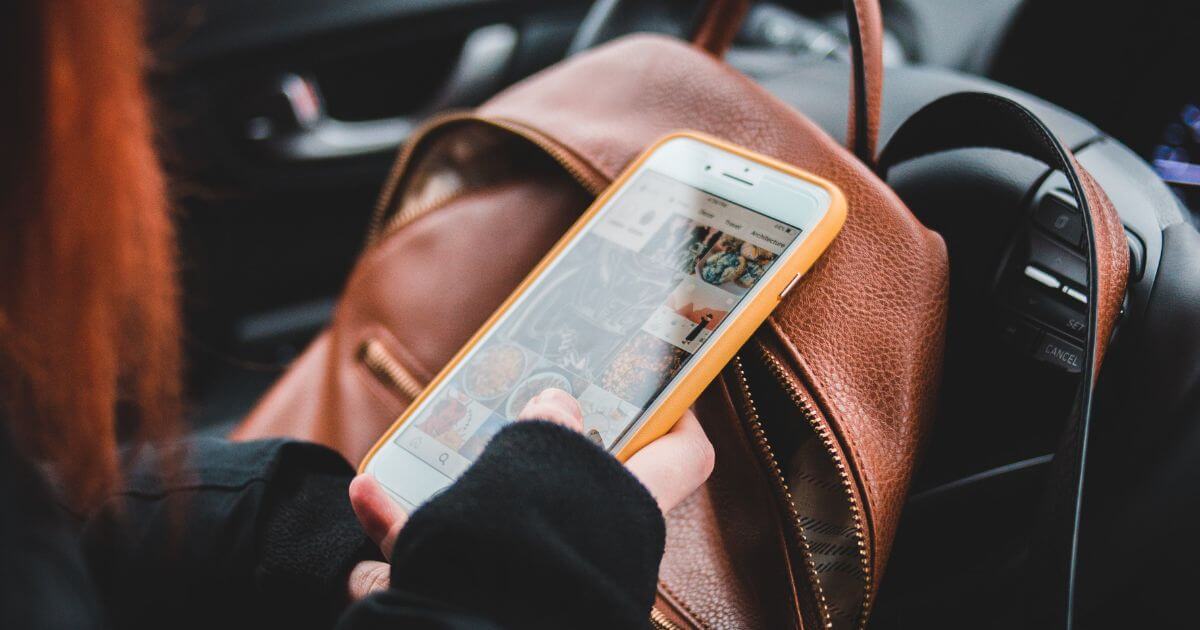How do influencers help beat COVID?
The pandemic started over a year ago, and since then, the world population has been divided into two parts—those who believe in the coronavirus and those who do not. Guess who the White House decided to team up with?

On February 9th, an online article was published. It started with a seemingly innocuous question about the legal definition of vaccines. Then, over its 3,400 words, it declared coronavirus vaccines were “a medical fraud” and said the injections did not prevent infections, provide immunity or stop transmission of the disease.
Instead, the article claimed the shots “alter your genetic coding, turning you into a viral protein factory that has no off-switch.”
Its statements were easily discredited, but anyway, after the next few hours, the publication was translated from English into Spanish and Polish. It appeared on dozens of blogs and was picked up by anti-vaccination activists, who repeated the false claims online. The article also made its way to Facebook, where it reached 400,000 people.
The person standing behind this “performance” was Joseph Mercola.
Dr. Mercola is a 67-year-old osteopathic physician in Cape Coral, Florida. He has been the subject of criticism and government regulatory actions to promote unproven or unapproved treatments for a long time. But most recently, he has become the chief spreader of coronavirus misinformation online.

To fight vaccine lies like these, the U.S. authorities start collaborating with influencers.
The CDC reports unvaccinated Americans are 11 times more likely to die from COVID-19. In addition, the youth has the lowest inoculation rates of any eligible age group in the United States. According to the Centers for Disease Control and Prevention, fewer than half of Americans aged 18 to 39 are fully vaccinated, compared with more than two-thirds of those over 50.

Most likely, younger people are not the COVID-19 “target audience.” There may be other reasons like dubious conspiracy theories on social networks or fake stories about the vaccine consequences (the younger generation spends more time on the internet), but the fact remains the same. These days, young people are more likely to trust the advice of their favorite content creator than a mainstream celebrities, according to a 2018 study by the marketing agency MuseFind. So, the US government made a decision.
“To reach these young people, the White House has enlisted an eclectic army of more than 50 Twitch streamers, YouTubers, TikTokers, and the 18-year-old pop star Olivia Rodrigo, all of them with enormous online audiences.” State and local governments have begun similar campaigns. In some cases paying “local micro-influencers,” those with 5,000 to 100,000 followers, up to $1,000 a month to promote Covid-19 vaccines to their fans,”—the New York Times.
The idea here is to overwhelm questionable conspiracy theories by mentions and audience reach.
That’s the only way we’re going to have loud enough voices on social media to drown out all the misinfo that’s happening. Jason Harris, the chief executive of the advertising agency Mekanism
One of the best, ok, let’s face it, the best vaccine promotion was the one with Instagram influencer @dudewithsign and Joe Biden
The post has more than 2,264,042 likes. Let’s hope at least 10% of the people that saw the publication were motivated to get a shot if they hadn’t before.
Influencers make a difference, and it becomes more and more obvious whether we want it or not. By the way, we had a post about the sign dude and more bloggers who are fun to follow.
